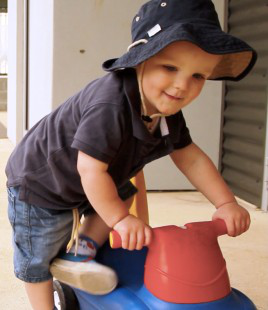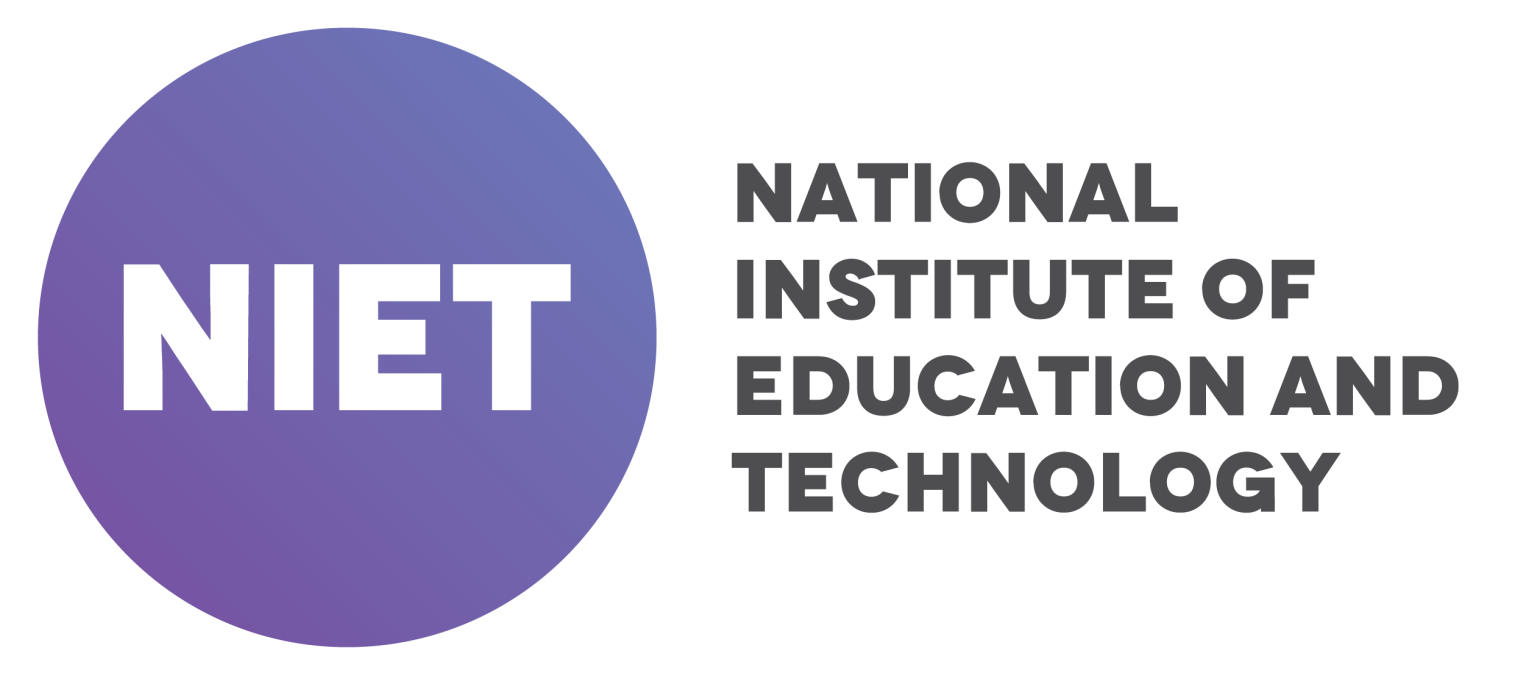Theories and theorists lev vygotsky fact sheet
CHCECE017 Foster the holistic development and wellbeing of the child in early childhood. Theory Tasks: Trainer
Students Name: Changqing Guan
Students Code:NIET
© ICCC Resources v6
CHCECE017 Foster the holistic development and wellbeing of the child in early childhood. Theory Tasks: Trainer
Elements
The following elements define the essential outcomes of this unit:
❒ Ele-
ment 3 Foster emotional development
❒ Ele-
ment 6 Foster an environment for holistic learning and development
Fostering Social and Emotional Development
· 003:
CHCECE017 Foster the holistic development and wellbeing of the child in early childhood. Theory Tasks: Trainer
· 004:
Authenticity Requirements
Copying or passing off someone’s work as your own is a form plagiarism and may result in a participant’s exclu-
· Presenting the work of another individual or group as their own work.
· Handing in work without the adequate acknowledgement of sources used, including work
CHCECE017 Foster the holistic development and wellbeing of the child in early childhood. Theory Tasks: Trainer
|
||
|---|---|---|
|
||
|
||
4 Early Childhood Education and Care.
© ICCC Resources v6
Students are required to provide appropriate responses to the indicated questions for each task.
Assessment Outcomes
© ICCC Resources v6
CHCECE017 Foster the holistic development and wellbeing of the child in early childhood. Theory Tasks: Trainer
· Kearns, K. (2017). Frameworks for Learning and Development: Working in Early Childhood Education and Care Series (4th ed.). Victoria: Cengage Learning Australia.
Core Documents
· Early Childhood Australia. (2010). Intentional Teaching. EYLF Professional Learning Program e-News- letter, 2. Retrieved from:
(Accessed April 2017).· Fox.
© ICCC Resources v6
CHCECE017 Foster the holistic development and wellbeing of the child in early childhood. Theory Tasks: Trainer
· Yorg anop Indigenous Professional Support Unit WA. (nd.). Theories and Theorists: Lev Vygotsky [Fact sheet]. WA: Yorganop. Retrieved from: http://ipsuwa.yorganop.org.au/about/early-child- hood/ (Accessed April 2017).
· Yorg anop Indigenous Professional Support Unit WA. (nd.). Theories and Theorists: Erik Erickson sheet]. WA: Yorganop. Retrieved from: (Accessed April 2017).
7 Early Childhood Education and Care.
© ICCC Resources v6
To complete this task refer to (pp. 116 – 117) and the Glossary of your textbook ‘Frameworks for Learning and Development’.
|
|
|
|
 Question
2 Question
2 |
|---|
To complete this task refer to (p.126 - 127) of your textbook ‘Frameworks for Learning and Development’.
a) De-
© ICCC Resources v6
CHCECE017 Foster the holistic development and wellbeing of the child in early childhood. Theory Tasks: Trainer
a)
b)Suggest an experience suitable for pre-schoolers for the skill of visual discrimination (the ability
c) Suggest an experience suitable for pre-schoolers for the skill of visual memory (the ability to
recall visual images and information).
CHCECE017 Foster the holistic development and wellbeing of the child in early childhood. Theory Tasks: Trainer
Question 3
a)
| b) |
|---|
· Goo d for Kids, Good for Life: I Move, We Move.
|
|
|---|---|
|
|

| Caitlin (3 years 6 months) enjoys the challenges presented by this structure. |
|---|
| a) | Iden |
|---|
© ICCC Resources v6
CHCECE017 Foster the holistic development and wellbeing of the child in early childhood. Theory Tasks: Trainer
| b) |
|
|---|
Question 5
To complete this task refer to (pp. 120 – 126) of your textbook ‘Frameworks for Learning and Development’ and
© ICCC Resources v6
CHCECE017 Foster the holistic development and wellbeing of the child in early childhood. Theory Tasks: Trainer
 |
|---|
tify the gross motor, fine motor and perceptual motor skills Daniel is using.
|
|---|
Question 6
To complete this task refer to (pp. 120 -126) of your textbook ‘Frameworks for Learning and Development’ and
have no difficulty balancing as they move along the stepping blocks. In the second
| a) |
|
Ex- |
|---|
a)
To complete this task refer to (pp. 141 – 142) of your textbook ‘Frameworks for Learning and Development’.
Think about the ways that fine motor skills can be integrated into everyday experiences within the Early Child-
|
|---|
CHCECE017 Foster the holistic development and wellbeing of the child in early childhood. Theory Tasks: Trainer
Question 8
walking. She has noticed that other children Bella’s age and even younger are walking. The parent asks if she should put Bella into a walker which she has been given by a friend.
Bella did not begin to crawl until she was 10 months old and did not sit without support until 9 months old. She is not yet pulling herself up to a standing position but actively crawls and can easily move from sitting to crawling to sitting. She is able to manoeuvre herself into, under, and out of small spaces. Bella is demonstrating age-appropriate skills and
t advice/information would you provide Bella’s parent?
17 Early Childhood Education and Care.
|
|---|
|
|---|
| ging patch. She has two older brothers who are keen footballers and an |
|---|
dams in the digging patch which clearly shows signs of motor development. However, having lack of in-
|
|---|
| of 7 – 8 years and has taught himself to write. Carlos is a serious collec- |
|---|
|
|---|
|
|---|
|
|---|
c)








